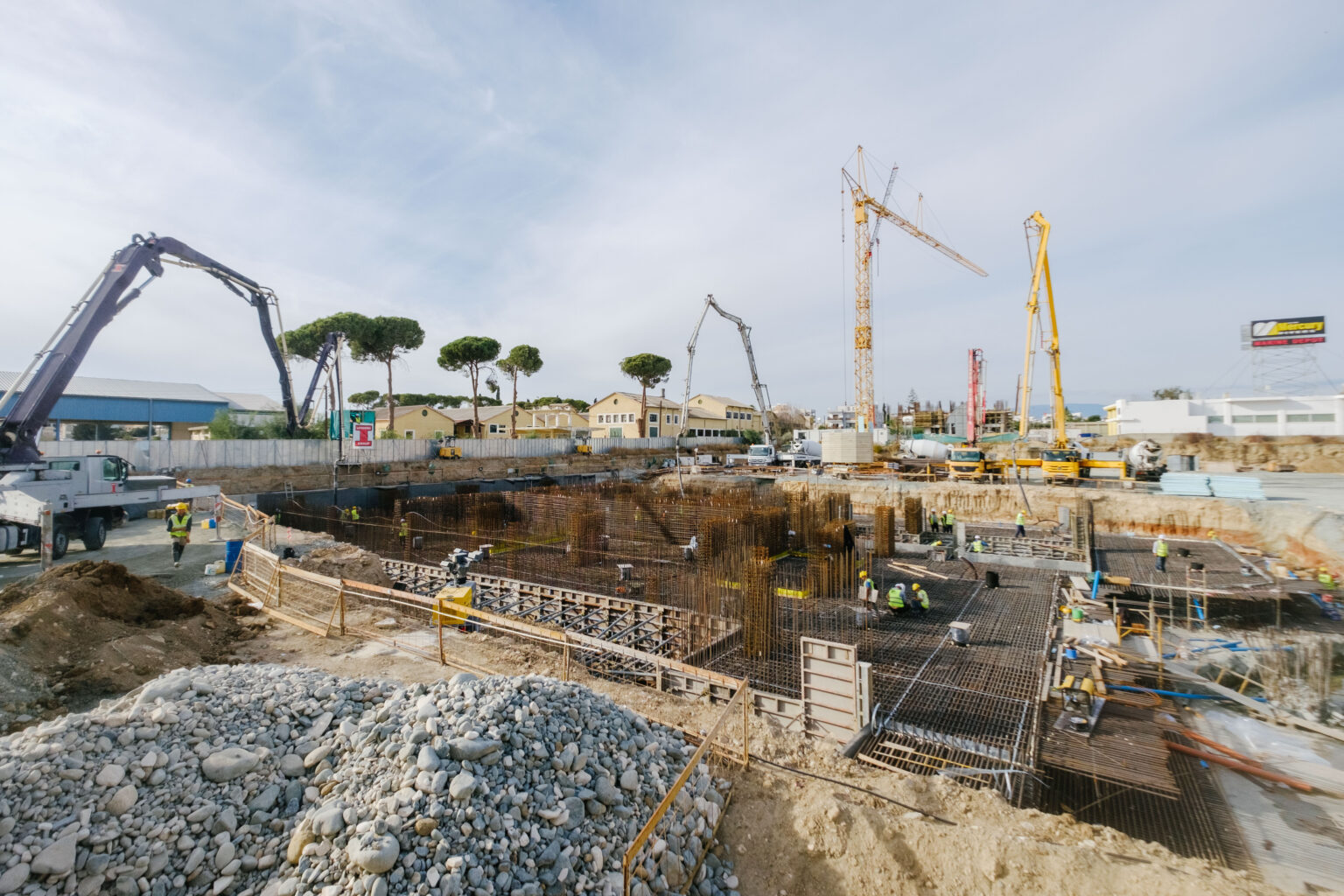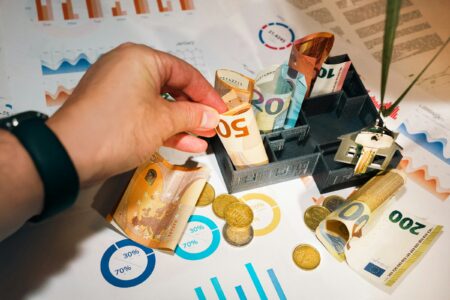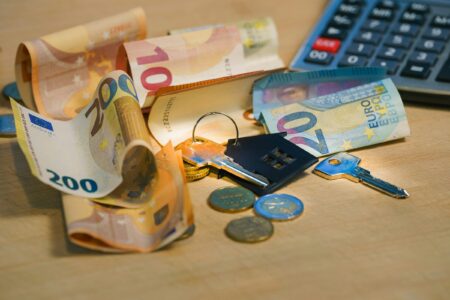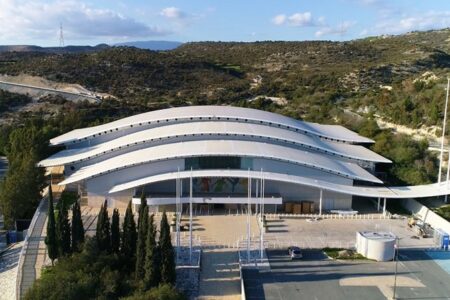30.07.2022
The real estate and construction sector is recognized as one of the most important pillars of the Cypriot economy. This is due to its contribution to the gross domestic product (GDP), which exceeds 10%, the fact that it employs thousands of workers, and because the sector has traditionally attracted foreign direct investment (FDI).
His contribution to the new norm that is emerging at the international level and, first of all, at the level of the European Union, regarding the mitigation of climate change, is enormous.
Through Regulation 2020/852 (EU Taxonomy) on establishing a framework to promote sustainable investment and Regulation 2019/2088 (EU SFDR) on disclosure of information on sustainability in the financial services sector (Sustainable Financing and Investment), specific technical criteria have been established to set conditions, where the real estate sector is expected to make a significant contribution to climate change mitigation and sustainability.
It is critical to determine whether these economic activities place a significant burden on any other environmental and sustainable development goals set by relevant international and EU (environmental, social, governance -ESG) standards.
The EU rightly places particular importance on this sector, as it is estimated (2020) that buildings account for about 40% of energy consumption and 36% of carbon emissions in the EU.
Technical audit criteria range from new building construction, renovation, installation of energy efficient equipment, local renewable energy sources, provision of energy services and building ownership.
Emphasis is placed on every aspect of building design, from roofing and wall systems to energy efficient windows, doors, electrical appliances, and plumbing and heating, cooling and ventilation systems.
EU regulations, which are constantly being updated, provide more detailed information about building materials and objects used in construction.
They take into account the development of vegetation, energy efficient automation systems and solar energy, electrical devices, as well as the control of the main loads of electricity or building heating.
A similar emphasis is placed on the transition to a circular economy, which is why the EU requires the adoption of practices that support the reuse of recycled materials and reusable building materials.
Actions such as planning for high strength, recyclability, easy disassembly and adaptability of products produced and promoted for use throughout the construction sector are important.
Recall that for the raw materials from which products such as cement, aluminum, iron and steel are made , special criteria have been established.
All of the above is a good indication of what the transition to green and sustainable development means in practice for the real estate sector.
Greenwashing
Essentially, buildings can no longer simply be called “green” without certain certifications; otherwise, the greenwash phenomenon is just around the corner.
It has been observed that the consequences of greenwashing can be financial, but they mainly affect the reputation of the company or organization.
Given the long-term development of the sector in Cyprus and the emergence on the island of reputable international companies, mainly from the field of technology, the demand for modern and environmentally friendly office and residential buildings is high. Both for purchase and for rent.
Such companies place particular emphasis on sustainability issues due to the corresponding pressure they receive from their investors, which encourages them to look for buildings that meet environmental and ESG criteria.
It is recognized that the demand for “green” houses exceeds the supply.
Therefore, in the medium term – this applies to buildings that are in the process of licensing or construction – the functional criteria of the ESG should be taken into account.
As a reminder, from 2021, lending institutions are required to disclose and report additional requested environmental impact studies before proceeding with project lending (sustainable financing).
Starting in 2024, investments made or recommended by financial market participants (FIMs) or large institutions and government bodies are expected to be subject to financial reporting.
Such information should be publicly available to consumers using the new updated corporate governance financial reporting framework proposed by the EU for consistency purposes, implemented in the Cyprus Companies Law.
Land management and real estate entrepreneurs are required to consider and comply with regulations for the construction or maintenance of greener buildings.
The costs may be higher in the short term, but the benefits are huge as European institutions, international investors, buyers/tenants and society strive to create green buildings.
By applying the right strategy and following the appropriate criteria, Cypriot real estate and construction companies can contribute to the ultimate national effort to improve the world, creating the conditions for long-term sustainability and supporting the implementation of the Sustainable Development Goals (SDGs).
Nicole K. Finopoulou, Associate, Corporate Commercial Banking, ESG, Sustainable Finance, LL.B. Master of Laws (UCL). LPC, CISL, University of Cambridge
















